
Finance
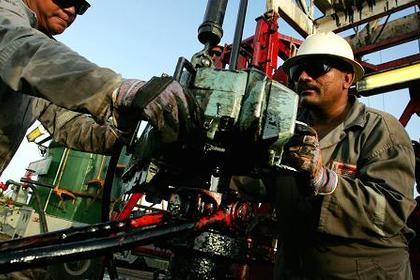
2016, July, 27, 18:35:00
VENEZUELA NEED MONEY
Venezuela and state oil company PDVSA face heavy debt payments this year amid weak oil markets and continuing decay of its socialist economic model. Neither have been able to borrow in recent years because the extremely high yields have made such operations too costly.

2016, July, 26, 18:50:00
EXXON & INTEROIL DEAL: $2.5 BLN
Exxon Mobil Corporation (NYSE: XOM) and InterOil Corporation (NYSE: IOC, POMSoX: IOC) announced an agreed transaction worth more than $2.5 billion, under which ExxonMobil will acquire all of the outstanding shares of InterOil (the ExxonMobil Transaction).
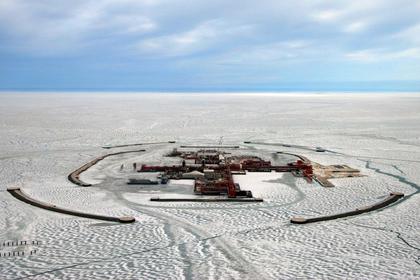
2016, July, 26, 18:35:00
OIL COULD BE UNECONOMIC
“The industry has got a real problem,” says Chris Pateman-Jones of Ernst & Young. “Projects are becoming larger and more complex and more challenging … Even if they were to hit their targets, they could still be uneconomic.”

2016, July, 19, 14:12:00
U.S. OIL COMPANIES UPDOWN
First-quarter 2016 financial results from U.S. onshore producers reveal an improving balance between capital expenditure and operating cash flow. Although operating cash flow was the lowest in any quarter in the past five years, larger reductions to capital expenditure brought these companies closest to self-finance (when capital investment can be paid for entirely from operating cash flow). With crude oil prices such as the global benchmark Brent price averaging over $45 per barrel in the second quarter—a 34% increase from first-quarter 2016—cash flow may improve and help offset declining revenue from lower production.

2016, July, 8, 18:25:00
WBG: GLOBAL GROWTH DOWN TO 2.4%
The World Bank is downgrading its 2016 global growth forecast to 2.4 percent from the 2.9 percent pace projected in January. The move is due to sluggish growth in advanced economies, stubbornly low commodity prices, weak global trade, and diminishing capital flows.

2016, July, 8, 18:10:00
IMF HAS CZECH REPUBLIC
Economic activity is expected to decelerate in 2016. Higher disposable income and employment will boost private consumption, but growth will be affected by the slow start of investment projects financed by EU funds. As base effects from the oil price shock fade and domestic demand pressures build-up, inflation is expected to reach the 2-percent target in mid-2017. Over the medium-term, output growth is set to stabilize at around slightly above 2 percent in line with economy’s potential.
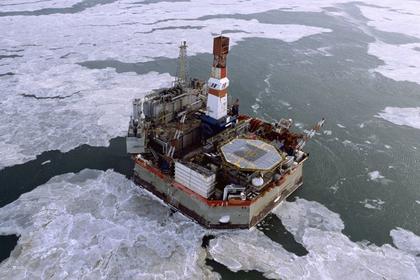
2016, July, 7, 18:20:00
RUSSIA'S ECONOMIC DECISION
The world’s top energy exporter is enduring the longest economic downturn of Putin’s 16-year rule. It relies on crude oil export duties and extraction taxes for about 23 percent of its budget. The government is running the widest deficit since 2010 after a slump in oil prices and is looking for options to cover the gap, including selling state assets, cutting spending and discussing a tax overhaul.

2016, July, 6, 18:30:00
BRITAIN'S HEADLESS CHICKENS
WHILE politicians run around like headless chickens, the Bank of England, at least, is trying to stabilise the British economy. Within hours of the announcement of the EU referendum result, Mark Carney, the bank’s governor, reassured investors that the economy was sound. And on July 5th, through a piece of arcane but important financial regulation, the bank took the first real step to promote financial stability when it announced the relaxation of capital requirements for banks, in a bid to stave off a credit crunch.
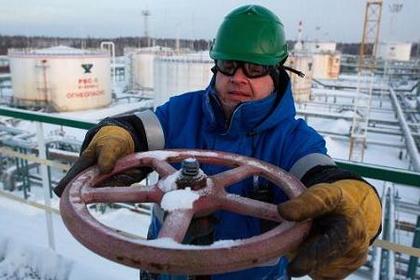
2016, July, 6, 18:25:00
ROUBLE & OIL PRICES DOWN
Russia is on course to post its widest budget deficit since 2010 after oil prices tumbled to a 12-year low in January, reducing revenue for the state budget in the world’s largest energy exporter.

2016, July, 6, 18:20:00
CANADIAN DOLLAR DOWN
The Canadian dollar is expected to weaken further over the coming months as Britain's vote to leave the European Union boosts the U.S. dollar and with oil prices set to remain weak.

2016, July, 6, 18:15:00
IMF WANT NORWAY
Directors emphasized the need for continuing structural reforms to support a successful transition and improve the efficiency of the economy. They saw merit in continued restraint in wage settlements and further reforms to reinvigorate productivity growth. Aligning public sector pensions with recent private sector reforms and reforms to sickness and disability pensions could increase labor force participation. Directors also saw scope for efficiency gains from reducing tax preferences for owner-occupied housing and relaxing supply restrictions in the housing market.

2016, July, 6, 18:05:00
KUWAIT'S DEFICIT: $18.2 BLN
Kuwait's budget deficit reflects the impact lower oil prices have had on crude exporters, particularly Gulf Arab monarchies that rely on oil revenues to support generous subsidies, welfare benefits and public sector wages.
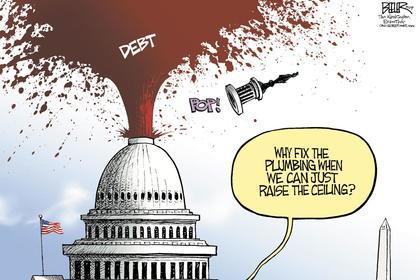
2016, July, 4, 18:55:00
U.S. ECONOMY: EVEN WORSE
To make matters worse, evidence suggests that, after controlling for income levels, the responsiveness of consumption to income gains for most of the income distribution has weakened in recent years. This puts further downward pressure on consumption. Combined, these effects are estimated to translate to about 3½ percentage points of lost U.S. consumption over 1998–2013—equivalent to more than one year of total consumption growth.
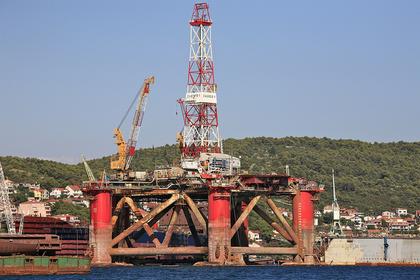
2016, June, 30, 18:05:00
IMF BUYS CROATIA
Directors urged the authorities to accelerate structural reforms to boost growth and employment creation and facilitate income convergence with the EU. They highlighted the need to advance privatization and enhance the efficiency of the public sector, while removing bureaucratic impediments to doing business. Other priorities include further enhancing labor market flexibility to increase labor participation. Directors noted the importance of building political consensus to ensure broad support for the reforms.

2016, June, 29, 18:20:00
HARM U.S. JOBS
This can give some large industry players an advantage on future business projects, and can fundamentally harm American jobs.



